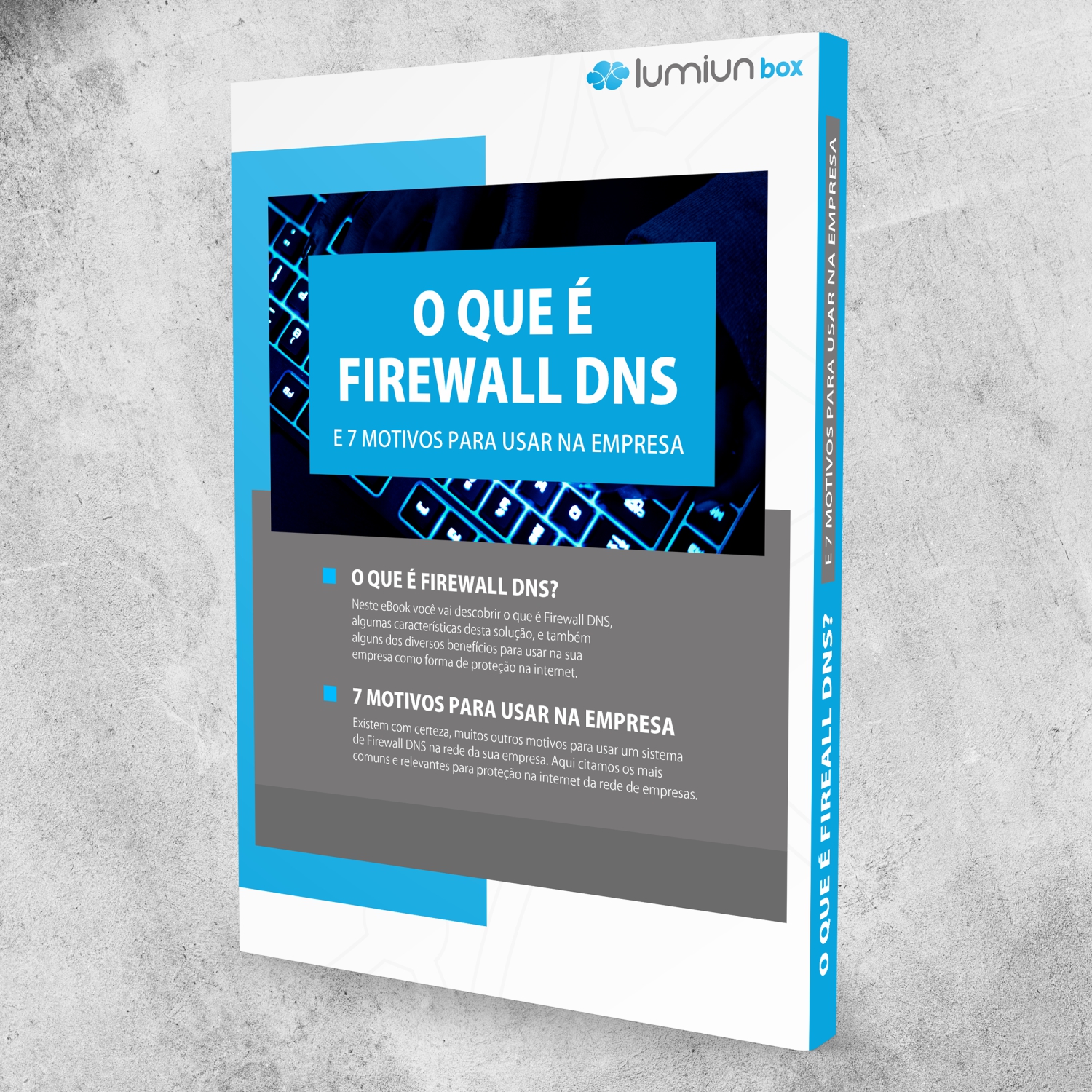In the 97th edition of Internet Security Week, malware that steals passwords saved in the browser, cybersecurity in 2022, ransomware on the rise in Latin America, and much more.
News
Does it save passwords in your browser? Then beware of this malware.
Even in the last week of the year, cyber threats remain high. The most recent, although detected since October, is the Redline malware, capable of stealing information from browsers like Google Chrome, Microsoft Edge, and Opera—making saving passwords in these programs a dangerous practice.
By Dácio Castelo Branco on Canaltech
22 Cybersecurity Facts You Should Know for 2022
As we kick off a new year, let's take a look at some essential data to stay up to date on the latest cybersecurity trends.
By Amer Owaida at Welivesecurity
Phishing campaign features fake “Itaú Unibanco” app
A fake Itaú Unibanco app is being spread in phishing campaigns to target customers of this Brazilian organization and conduct fraudulent banking transactions. It claims to have been downloaded 1,895,897 times. This total is false and serves to give the app an appearance of popularity and trust.
In CISO Advisor
Know five red flags for online scams
No player, cryptocurrency investor, or online shopper is safe from scammers. But regardless of the victim or the sophistication of the strategy, there's always a way to detect fraud before it's too late.
By Roman Dedenok in Kaspersky Daily
LastPass Users Report Their Master Passwords Have Been Compromised
Many LastPass users report that their Master Passwords have been compromised after receiving email alerts that someone tried to use them to log into their accounts from unknown locations. The email notifications also mention that the login attempts were blocked because they were made from unknown locations around the world.
By Sergiu Gatlan on Bleepingcomputer
The government must take digital security seriously, and these 4 points will help
Another hacker attack? It seems like every day now, a report of a security incident involving public institutions appears in the press. Especially with regard to the federal government, 2021 was a year full of episodes that exposed vulnerabilities in various ministries. The blackout of vaccination certificates obtained through the ConecteSUS app was just the icing on the cake.
By Carlos Affonso in Uol
Targeted ransomware grows 150% in Latin America
Cybercriminals' search for financially healthy companies to target with ransomware in Latin America grew by nearly 150% in 2021, repeating last year's statistics.
In CISO Advisor
Ransomware as a Service (RaaS): The Most Dangerous Trend for 2022
Understand why this service is so dangerous, how criminals can find it, and learn about the main measures to be taken to protect environments.
By Daniel Cunha Barbosa at Welivesecurity
Home office and cryptocurrencies will be the main threat vectors in 2022
With 2021 coming to an end, expectations for the coming year are beginning to take shape, and according to cybersecurity experts at Avast, 2022 will be the year in which cybercriminals will make strides in ensuring the effectiveness of ransomware, fraud, continued scams, and cryptocurrency mining malware.
By Dácio Castelo Branco on Canaltech
Material
Not yet subscribed to our newsletter to receive this content weekly in your email? Then sign up using the link below:
https://br.lumiun.com/semana-da-seguranca-na-internet
Share the link with your colleagues and friends.








